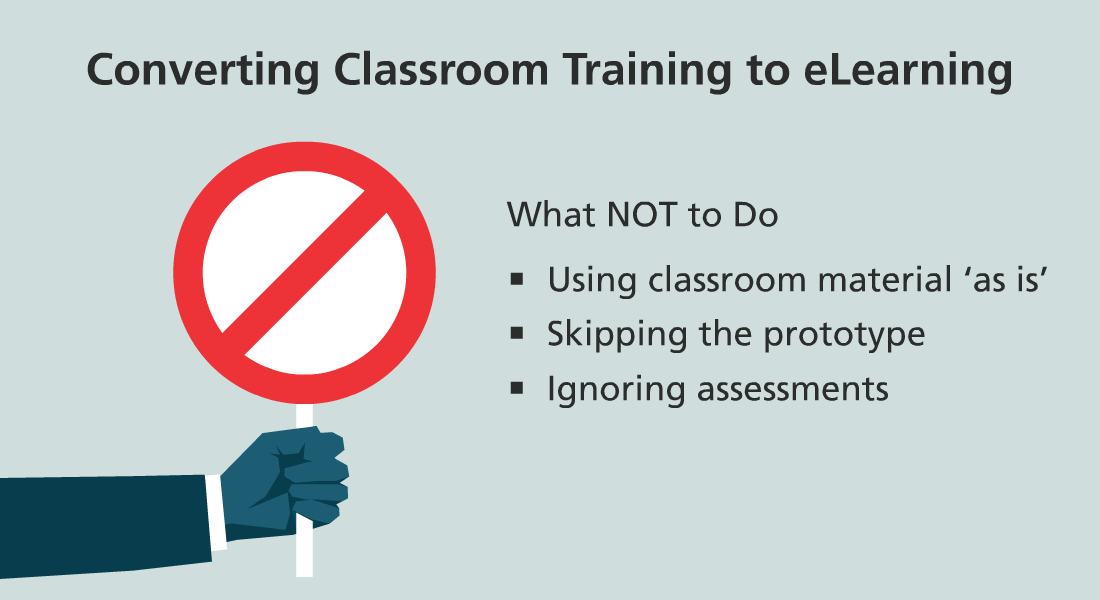5 Compelling Reasons to Choose E-Learning for Food Safety Training

Food safety has assumed significance in recent times. Businesses involved with food such as food processing units, manufacturers of food products, hotels, or even a thriving restaurant business have to pay attention to food safety. Food safety involves a set of practices, procedures and processes that need to be followed to ensure safety and hygiene. These steps are crucial at every step from production, procurement, and storage to preparation and presentation.
Food safety is a complex process and if it has to be followed meticulously, employees have to be trained in the right way so that there are no lapses. Failing to follow food safety procedures can lead to serious consequences for organizations and their reputation. Food safety training is necessary to avoid such repercussions.
Food safety training can be provided in the classroom for employees; however, it might not be a one-time event because updates have to be provided for which subsequent training sessions have to be organized. Classroom training can work for small restaurants and hotel chains where employees are at one place but what about large hotel chains or food manufactures whose employees are at diverse locations? Holding training sessions every time new employees join or getting employees together whenever there is an update might be impractical.
The food industry is fast-paced, and employees need to be highly skilled and well-trained to keep pace with the changes. Classroom training might be impractical and expensive in such circumstances. E-learning is a better alternative. The advantages offered by e-learning are compelling many companies in the industry to adopt this mode of training. Let us explore the reasons for this.
1. Provides Accessibility
Employees in the food industry usually work in shifts and e-learning provides the convenience of accessing safety training any time they want, as per their convenience. This is useful for employees at companies having operations at diverse locations. Moreover e-learning modules can now be accessed through mobile devices and can be made available in multiple languages to cater to a wide variety of learning needs. The courses being self-paced can cater to various skill levels of learners from sanitation workers to food safety inspectors.
2. Ensures Quick Updates and Better Completion Rates
Any changes in rules and regulations or updates that employees need to know can be quickly updated in e-learning courses and delivered to employees. Emergency refresher training is easy and can be deployed when required.
Completion rates are better when they are delivered as short, microlearning modules because these short and crisp courses can be completed at the learner’s convenience unlike classroom sessions which can be long and tedious.
3. Promotes Higher Retention
E-learning results in higher retention of knowledge. The courses are engaging and interactive and require learner participation. Food safety training becomes effective if there are elements that invite their active participation.
Training is more effective when learners are not just given the information about a process but are given demonstrations on how to do it. Learners should be given activities that enable virtual practice so that they can apply what they have learned. For this, the best option would be scenario-based learning.
Scenario-based learning helps the learner to examine and explore a particular situation and make choices on the actions to be taken or precautions to be followed. It also allows the learner to make mistakes without any real-world consequences and learn from them. Tools such as Articulate Storyline make it easy to create scenarios for such course. View a sample module we created for a course on food safety.
4. Helps in Better Tracking and Reporting
The food industry is heavily regulated, and organizations need to regularly submit proof of training and certification of their staff on food safety regulations. When you host your course on an LMS, you have better chances of tracking who has taken the course, those who need a refresher course, or employees who need training from scratch. This will help you plan your training schedule. The LMS will help you create reports which will show how many employees have completed the training.
5. Facilitates Recurrent Training and Performance Support
Food safety training is a continuous process; it is not a one-time issue. Changes in production processes or the introduction of new products or upgraded storage facilities may call for new training programs or refresher courses. In some countries, laws require that food safety training be repeated every few years. E-learning makes it easy to schedule such training based on employees’ convenience as well as rollout updates in short time. Performance support in the form of mobile learning modules that can be accessed by employees at the point of need is possible with online learning.
Food safety is a crucial issue in the food industry and e-learning provides the best options to ensure your employees are well-trained and updated on latest requirements while your business stays compliant.





